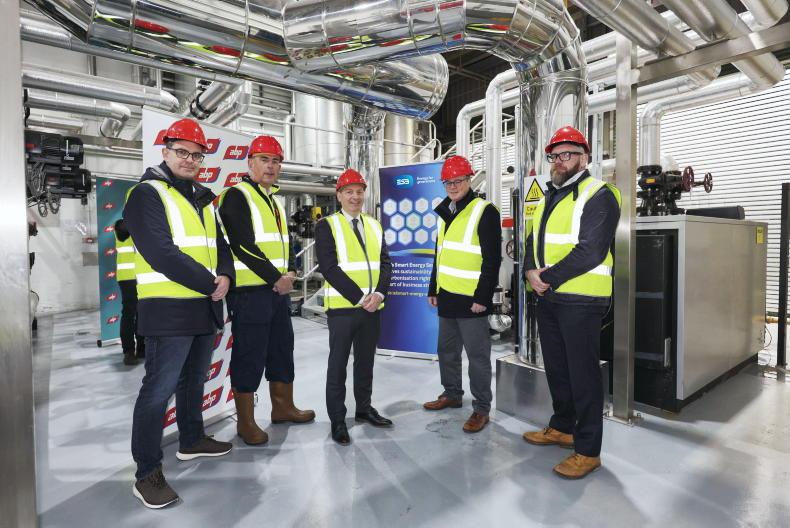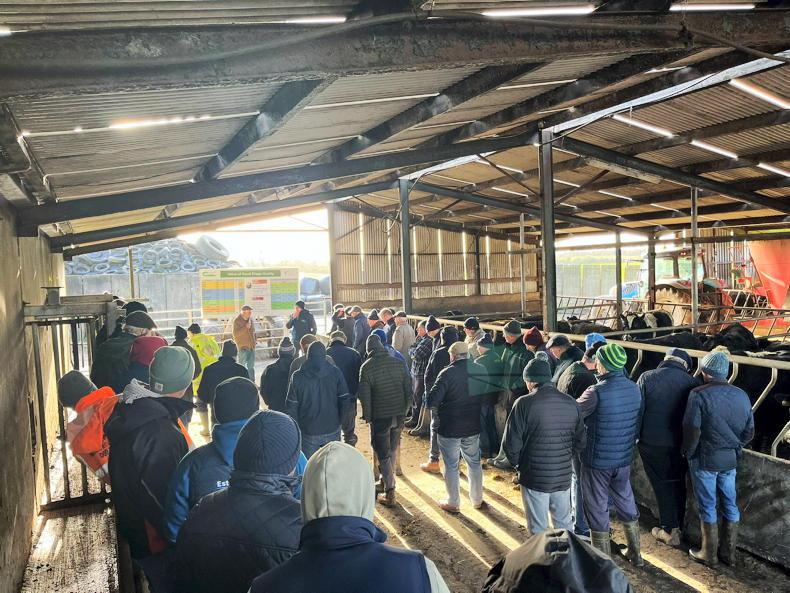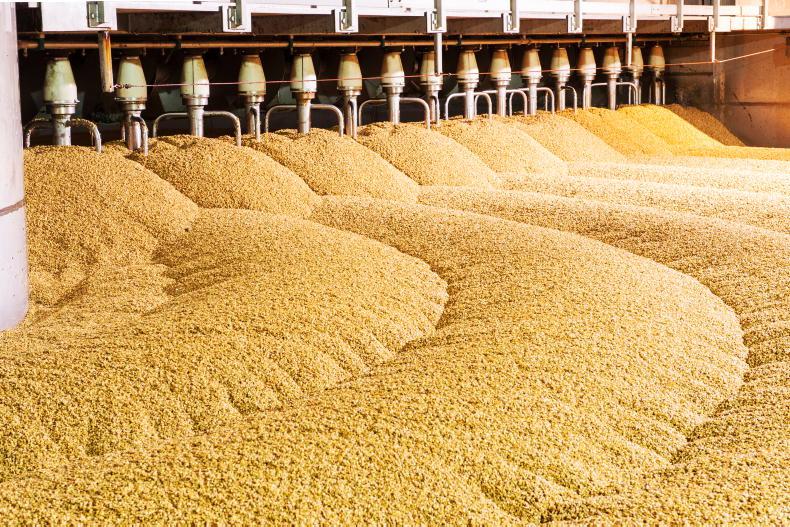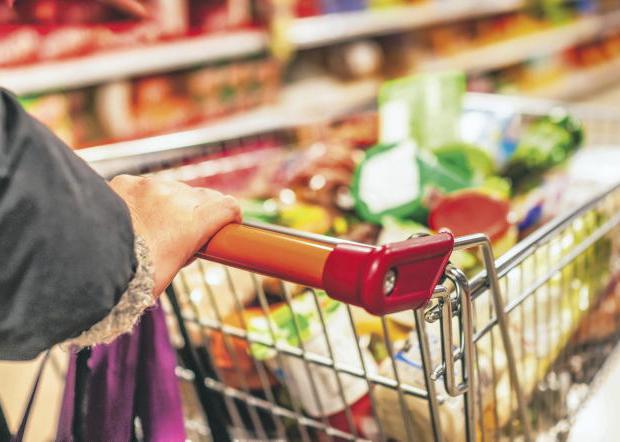Food processor ABP has partnered with ESB to reduce carbon emissions at its Clones site by 80% with the installation of a new water heating system.
The project forms part of ABP’s overall sustainability strategy and is part of an extensive decarbonisation plan that aims to reduce scope 1 and 2 emissions by 42% from 2021 to 2030 across all ABP sites in Ireland, the UK and Europe.
A reduction of 80% in carbon emissions at the Monaghan site equates to approximately 1,692t of CO2, which is the same as the emissions from 627,032l of diesel or 268 homes' oil usage for one year.
ABP Ireland and Poland managing director Kevin Cahill said that this is a very exciting and innovative project and an important step in ABP’s drive for greater sustainability.
“This is a pilot project at the Clones site - we are in the process of replicating it at another of our facilities,” he said.
“This will result in an enormous reduction in the carbon footprint and go a long way to achieving our carbon reduction targets as set out by the science-based targets initiative.’’
Heating system
The heating system recycles the lost heat generated by refrigeration units, using it to heat the water used for cleaning, processing and hygiene on site.
The result is that only a small amount of water needs to be heated using a new smaller and more efficient gas boiler.
The heating system principle is similar to the air-to-water heat pump system used in domestic homes. However, this system boosts waste heat instead of air.
“This project is a significant milestone in our mission to support businesses in achieving their sustainability goals,” said head of Smart Energy Services at ESB Ciaran Gallagher.
“By partnering with ABP, we will demonstrate the transformative impact of advanced heat pump technology on reducing carbon footprints and enhancing energy efficiency.
“Our collaboration underscores the critical role of innovative solutions in driving progress towards net-zero targets.”
Other environmental initiatives
ABP is a founding member of the Plastics Action Alliance (PAA), improving sustainability in plastic packaging supply chains. ABP’s plastics policy ensures that all plastic packaging used by ABP must be designed to reduce environmental impact and maximises recyclability.
The company has planted over 40,000 trees since 2020 and aims to reach a target of 100,000 trees planted by 2030.
ABP also has an extensive waste management strategy across all its locations, which saw it successfully reduce the amount of cardboard packaging it uses annually by 800 tonnes since 2021.
Read more
ABP takes medals at steak Olympics
Sysco and ABP launch regenerative farming project
Dairy-beef gross margin - 1,000 not 500
ABP plants increase kill charges on prime cattle
Food processor ABP has partnered with ESB to reduce carbon emissions at its Clones site by 80% with the installation of a new water heating system.
The project forms part of ABP’s overall sustainability strategy and is part of an extensive decarbonisation plan that aims to reduce scope 1 and 2 emissions by 42% from 2021 to 2030 across all ABP sites in Ireland, the UK and Europe.
A reduction of 80% in carbon emissions at the Monaghan site equates to approximately 1,692t of CO2, which is the same as the emissions from 627,032l of diesel or 268 homes' oil usage for one year.
ABP Ireland and Poland managing director Kevin Cahill said that this is a very exciting and innovative project and an important step in ABP’s drive for greater sustainability.
“This is a pilot project at the Clones site - we are in the process of replicating it at another of our facilities,” he said.
“This will result in an enormous reduction in the carbon footprint and go a long way to achieving our carbon reduction targets as set out by the science-based targets initiative.’’
Heating system
The heating system recycles the lost heat generated by refrigeration units, using it to heat the water used for cleaning, processing and hygiene on site.
The result is that only a small amount of water needs to be heated using a new smaller and more efficient gas boiler.
The heating system principle is similar to the air-to-water heat pump system used in domestic homes. However, this system boosts waste heat instead of air.
“This project is a significant milestone in our mission to support businesses in achieving their sustainability goals,” said head of Smart Energy Services at ESB Ciaran Gallagher.
“By partnering with ABP, we will demonstrate the transformative impact of advanced heat pump technology on reducing carbon footprints and enhancing energy efficiency.
“Our collaboration underscores the critical role of innovative solutions in driving progress towards net-zero targets.”
Other environmental initiatives
ABP is a founding member of the Plastics Action Alliance (PAA), improving sustainability in plastic packaging supply chains. ABP’s plastics policy ensures that all plastic packaging used by ABP must be designed to reduce environmental impact and maximises recyclability.
The company has planted over 40,000 trees since 2020 and aims to reach a target of 100,000 trees planted by 2030.
ABP also has an extensive waste management strategy across all its locations, which saw it successfully reduce the amount of cardboard packaging it uses annually by 800 tonnes since 2021.
Read more
ABP takes medals at steak Olympics
Sysco and ABP launch regenerative farming project
Dairy-beef gross margin - 1,000 not 500
ABP plants increase kill charges on prime cattle










SHARING OPTIONS